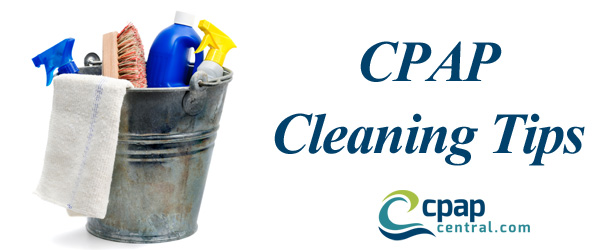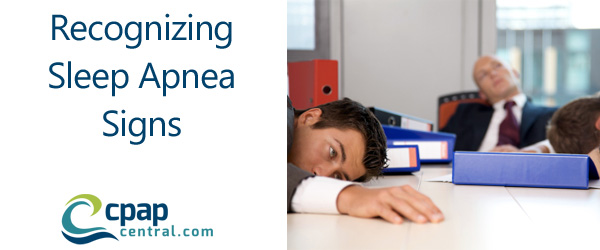When we think of spring cleaning, we often think of packing up boxes of junk from the attic, the garage, or somewhere else around our homes. However, it’s important to remember that your CPAP machine and other CPAP equipment need spring cleaning too. In fact, you should clean your equipment far more often than once every spring. CPAPCentral.com wants to help you develop a regular cleaning schedule so your CPAP machine works effectively.
CPAP Equipment Cleaning: Daily Chores
Every morning, you should clean your CPAP mask. Daily cleaning allows your mask to maintain an effective seal, prevents skin irritation, and reduces the buildup of germs and bacteria. This can be accomplished with CPAP wipes or with a simple damp cloth and mild soap. You also need to empty your water chamber every morning and allow it to air dry throughout the day. Wash your tubing with warm soapy water, rinse, and hang to air dry. The CPAP experts at CPAPCentral.com recommend using a mild soap, such as baby soap, or nonabrasive dish soap when washing your CPAP supplies.
CPAP Equipment Cleaning: Weekly Chores
Other tasks need to be done once a week. You can help stop germs, dust, and bacteria from building up, both on your machine and inside your machine. Wash your headgear by hand with warm soapy water, rinse, and hang to air dry. Once a week you should also sanitize your humidifier chamber by filling it with a mixture of one part vinegar and three parts water. Allow it to soak for 30 minutes and then rinse with distilled or sterile water. Once a week, rinse out the reusable filter and wipe down the exterior of the machine. Remember to unplug your machine and then wipe the machine with a clean, damp cloth.
CPAP Equipment Cleaning: Monthly Chores
If your device has a disposable filter, replace it once or twice a month. Each month you should also carefully check over your mask, cushions, headgear, tubing, and water chamber to check for signs of wear and tear. If your supplies appear worn or damaged, contact the CPAP experts at CPAPCentral.com and we will gladly assist you in finding replacement supplies.
If you start doing these tasks regularly, they will become part of a routine that will ensure your CPAP equipment is always clean. Regular cleaning is essential for keeping your machine operating correctly and ensuring clean air is available for your CPAP therapy. CPAPCentral.com offers several cleaning products, including the SoClean 2 that helps clean and sanitize your CPAP mask, tubing, and humidifier with the press of a button. Contact us to learn more.



